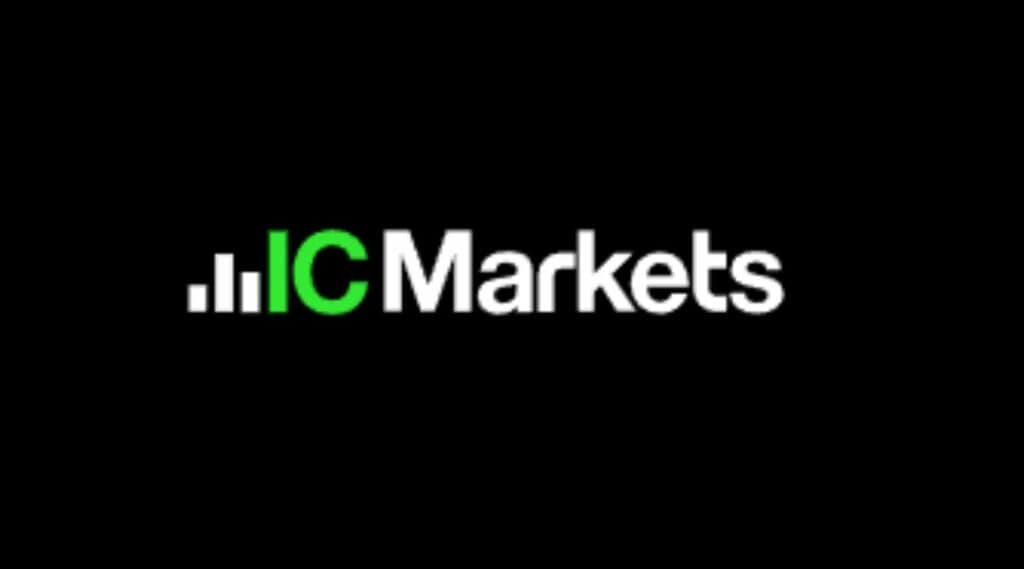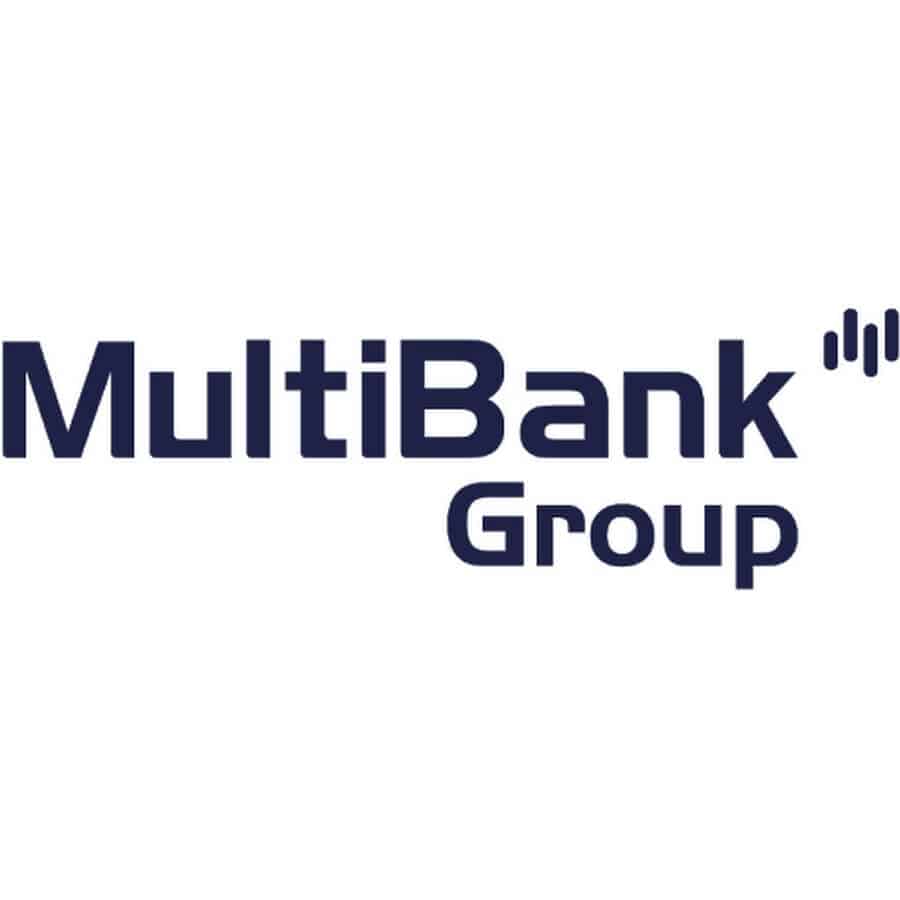
In a recent development, Eightcap, an Australia-based Retail FX and CFDs broker, has addressed what it calls misleading reports about its brokerage services to proprietary trading firms. The statement comes in response to widespread speculation that the broker was severing ties with all prop trading entities.
In a clarification issued on LinkedIn, Eightcap's CEO, Alex Howard, emphasized the broker's routine practice of evaluating its commercial and operational partnerships, stating that revising or terminating certain agreements is a standard industry practice. Howard's message sought to reassure stakeholders, affirming that for Eightcap, it's "business as usual," and expressed continued enthusiasm for the future of the CFD, Forex, and Prop trading sectors.
The confusion arose after a series of announcements from retail prop trading firms, which have utilized Eightcap for client transactions. These firms shared that they were notified by Eightcap of the termination of their brokerage services, with a deadline set for February 29 to secure alternative brokerage arrangements.
Adding to the controversy, the CEO of Lark Funding, known online as Matt L (@MeetMattL on X, the platform formerly known as Twitter), disclosed in a now-deleted tweet that Eightcap would discontinue offering services to his firm by the end of February. This move by Eightcap seems to indicate a selective termination strategy towards certain prop trading firms, rather than a blanket withdrawal from servicing the prop trading industry.
This clarification from Eightcap arrives amidst growing scrutiny of the retail prop trading market. Several prop trading firms, notably popular among the retail CFD trading community, have paused operations, either temporarily or permanently. This trend is attributed to challenges posed by broker or platform provider decisions, affecting firms like Funding Pips, Funded Engineer, and True Forex Funds.
Eightcap's statement seeks to dispel fears and clarify its position within the evolving landscape of the prop trading industry. As the firm navigates through its partnership strategies, the broader market watches closely, anticipating the implications for traders and firms alike in a sector known for its dynamic and competitive nature.










